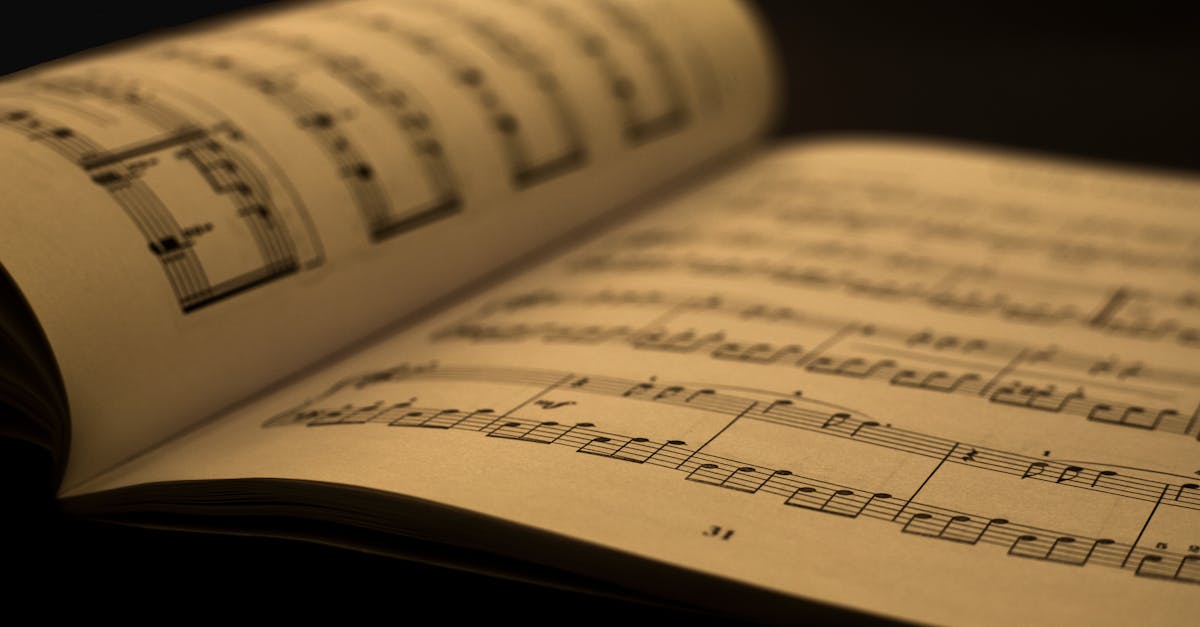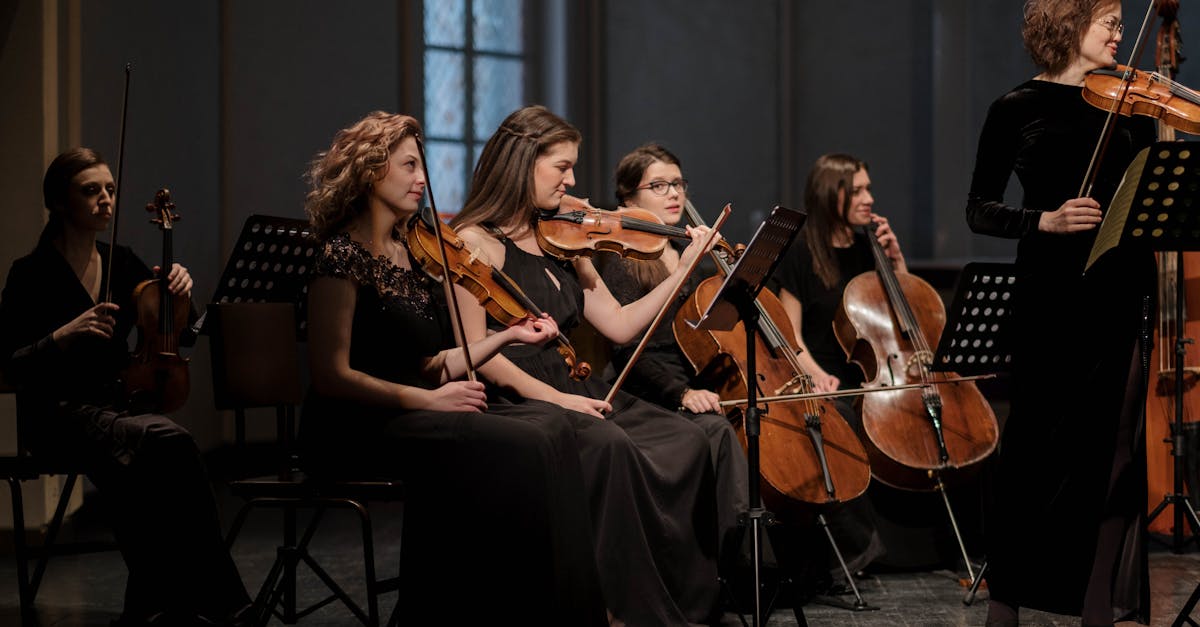Universal Cadences Charting Global Melodies
Introduction
Music is often touted as the universal language, capable of transcending borders and connecting people worldwide. Its melodies resonate with our emotions, offering solace in times of need and joy during celebrations. The concept of "universal cadences" reflects the innate ability of music to communicate, regardless of spoken language. Across continents, cultures have developed unique sonic landscapes, yet they share common threads that connect humanity. Despite technological advancement and globalization, the linguistic power of music remains unshaken. But what are these universal cadences, and how do they bring us together in a harmonious global community?
Advertisement
The Concept of Universal Cadences
Universal cadences are musical patterns and motifs that transcend cultural boundaries, shared by diverse music traditions globally. These include rhythms, melodies, or harmonies that evoke universal human emotions. For instance, a major chord often signifies happiness across cultures, while a minor chord can convey sadness or reflection. This shared understanding allows people to experience and interpret music in a similar manner, reinforcing its role as a unifying force. Historically, cadences have helped transmit stories, rituals, and beliefs from one generation to the next, further enhancing their cultural significance.
Advertisement
Global Melodies and Their Origins
Every culture has a unique tapestry of melodies reflecting its history, environment, and ethos. African drumming, Native American chants, Indian classical music, and European symphonies showcase the diversity in musical styles. However, despite this diversity, global melodies often share similar features. For instance, pentatonic scales can be found in Asian, African, and Celtic music traditions, suggesting a shared auditory palette. These similarities speak to an interconnected human experience, underlining that music is both a personal and collective journey.
Advertisement
Music as a Cultural Bridge
In an increasingly interconnected world, music plays a pivotal role in bridging cultural gaps. Collaborative projects among artists of different backgrounds create fusion genres, integrating diverse musical traditions. Such collaborations promote understanding and appreciation of various cultures, fostering global solidarity through sound. Whether it's the fusion of reggae with jazz or classical with pop, these amalgamations exemplify the potential of music as a cultural bridge. The emergence of world music festivals and events has further bolstered this global exchange, offering platforms for sharing and celebrating these universal cadences.
Advertisement
The Role of Technology in Spreading Global Melodies
Technology has transformed how we consume and share music, extending its reach across the globe. Digital platforms like Spotify, SoundCloud, and YouTube have democratized music access, allowing listeners to explore sounds beyond their immediate cultural sphere. As a result, music from every corner of the world can now be experienced with the click of a button. Virtual collaborations have surged, with artists from different continents working together remotely to create new sounds. This digital revolution amplifies the influence of universal cadences, nurturing a growing appreciation for global music.
Advertisement
Cultural Preservation Through Music
While music serves as a bridge, it is also vital for cultural preservation. Traditional music carries the essence of a community's heritage, encapsulating stories, values, and worldviews. By maintaining these sounds, communities preserve their identity, ensuring their legacy is passed on to succeeding generations. Today, initiatives exist worldwide to digitize and archive traditional music, safeguarding it for the future. As societies evolve, these preserved cadences remind us of our shared humanity and interconnected histories.
Advertisement
Music Education and its Global Impact
Music education fosters an appreciation for diverse cultures from a young age, nurturing an understanding of universal cadences. Schools and educational institutions promote global awareness through music curricula, encouraging students to explore different musical traditions. Such exposure cultivates a generation that values diversity, helping dismantle cultural stereotypes. Moreover, exchanges like international music programs allow students to engage with peers from different countries, forming cross-cultural friendships through shared musical experiences.
Advertisement
Challenges Faced in Recognizing Global Melodies
Despite its potential, the universal nature of music often faces challenges such as cultural appropriation, where elements are borrowed without acknowledgment of their origins. This can dilute or misrepresent music's authentic cultural significance. Additionally, commercialization may prioritize profitable music over traditional forms, threatening their visibility. Musicians and advocates endeavor to protect cultural integrity while embracing global influences. These challenges highlight the need for mindful interaction with music as a global heritage.
Advertisement
The Future of Global Musical Unity
As we venture into the future, universal cadences remain an essential component of global unity. The development of new musical genres, instruments, and technologies will continue to strengthen the bonds forged by sound. Artists and listeners alike will explore previously uncharted territories, discovering shared experiences among varied cultures. Amidst this evolution, the core of music's universality—its ability to communicate without words—will remain unchanged. In pursuing global harmony, music offers a timeless and hopeful path.
Advertisement
Conclusion
Universal cadences and global melodies celebrate our shared human experience, emphasizing music as a unifying element of humanity. Whether it's a familiar tune or a foreign sound, music's power lies in its ability to transcend language and cultural divides. With globalization and technology advancing, music's role as a cultural ambassador grows even more essential. By appreciating and preserving diverse musical traditions, we honor humanity's rich tapestry. In the cacophony of life, universal cadences remind us of our interconnected stories, singing together in a harmonious chorus.
Advertisement







